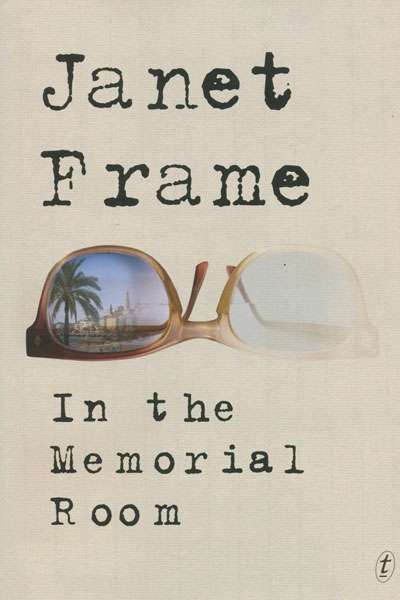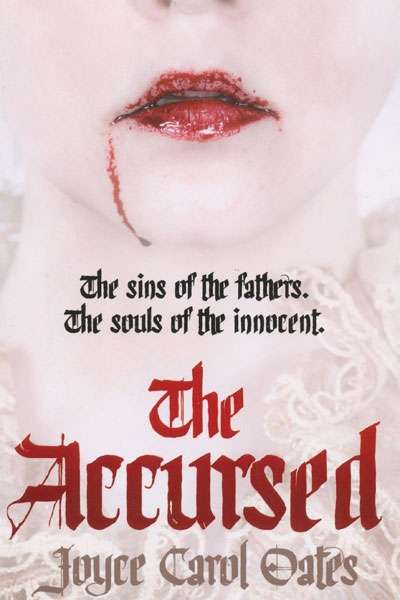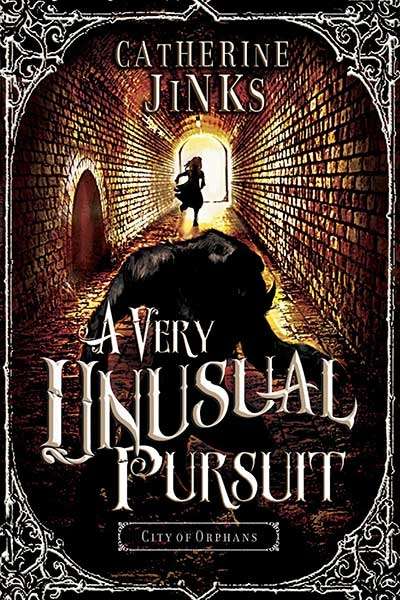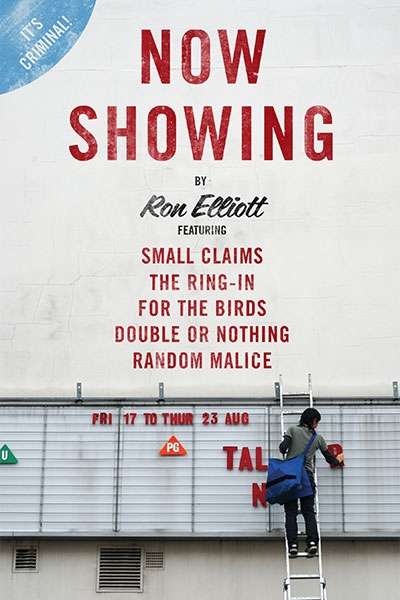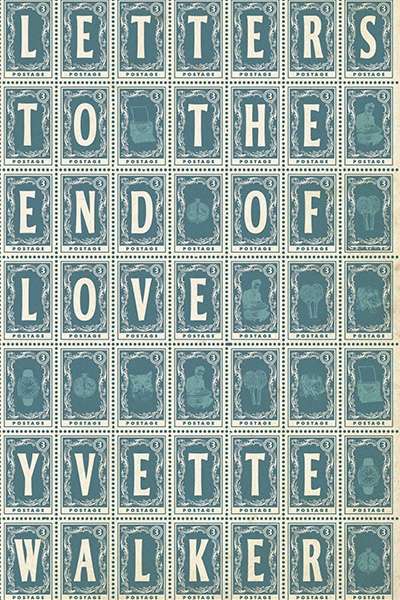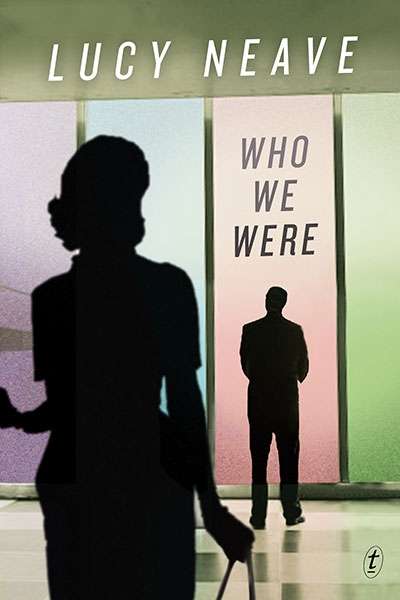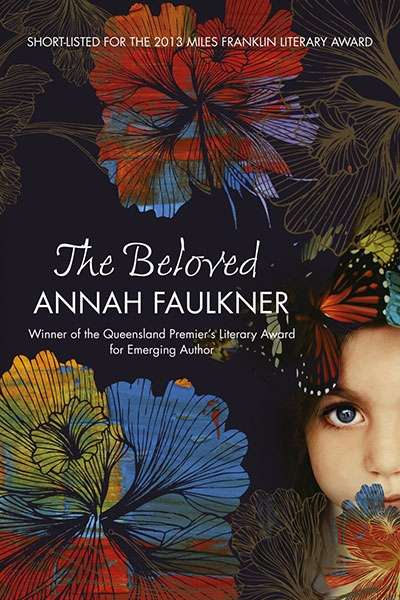Fiction
This novel comes to us some forty years after it was written. Janet Frame (1924–2004) did not allow it to be published during her lifetime. Very probably she was anxious not to be seen as savaging the hands that had fed her: and it is indeed a gleeful, glorious savaging.
... (read more)If, hardy reader, you make it through the 667 pages of Joyce Carol Oates’s The Accursed, you will see, on page 669, that she prefaces her acknowledgments with this gnomic utterance: ‘The truths of Fiction reside in metaphor; but metaphor is here generated by History.’
... (read more)In describing the enduring cultural impact of The Spy Who Came in from the Cold – published fifty years ago and often nominated as the best spy novel ever written – a good place to start, strange though it may sound, is James Bond. John le Carré’s squalid yet subtle world of Cold War spies may appear antithetical to the glamorous fantasy of Bond. But it is clear from the last three Bond films, and especially the latest, Skyfall (2012), which of the two visions of espionage, Fleming’s or le Carré’s, is the more mature and compelling.
... (read more)A Very Unusual Pursuit by Catherine Jinks & Julius and the Watchmaker by Tim Hehir
The Victorian era has gripped the collective imagination of speculative fiction writers in much the same way the medieval period influenced our forebears. The nineteenth century gave us the Penny Dreadful, Dracula, and Frankenstein, and the melding in fiction of fantasy and reality, superstition and science. A spike in child labour was followed by its marked decline as society began associating childhood with innocence.
... (read more)‘If you don’t like movies, I’m not sure you will like these stories.’ So warns Ron Elliott in his introduction to Now Showing, after having explained that the five stories in this collection are unproduced screenplays repurposed as novellas. It may be useful to clarify Elliott’s warning: unless you are a cinéaste who appreciates screenplay structure and enjoys seeing new variations on the same old Hollywood themes, you may find these stories lacking.
... (read more)Yvette Walker’s remarkable début novel is told in a series of letters that cross time and continents, tracing the intimate lives of three couples, one straight, one lesbian, one gay. Starting in 1969 in an artist’s studio in Cork, where a Russian painter and his Irish novelist wife exchange love letters, it moves to 2011 and a lesbian bookseller in Western Australia and her estranged girlfriend, and finally to 1948 and a retired English doctor mourning his German lover.
... (read more)The Drinker by Hans Fallada, translated by Charlotte Lloyd and A.L. Lloyd
The Drinker, by Hans Fallada – first published in Germany in 1950, translated by Charlotte and A.L. Lloyd into English in 1952, unearthed for an Anglophone audience in 2009 by Melville House, and now published by Scribe – is the story of Erwin Sommer, who drinks himself, almost unaccountably, to death. It counts for everything, of course, to know that the novel was written in 1944 in a Nazi insane asylum.
... (read more)The nub of this first novel is a good one. Even those who weren’t alive in the early 1950s will have heard of Joseph McCarthy. Fired by the tensions of the Cold War but with scant regard for hard evidence, the US Republican senator made his reputation by accusing numerous individuals of communist sympathies, possible disloyalty, and/or treason. Intellectuals of every kind were a particular target; the so-called Hollywood blacklist led to many actors and writers being hauled before the House Un-American Activities Committee, which was assiduously supported by the Federal Bureau of Investigation.
... (read more)During World War II the Australian government constructed a number of internment camps for ‘enemy aliens’, including ones at Tatura (Rushworth) in Victoria, Hay and Cowra in New South Wales, Loveday in South Australia, and Harvey in Western Australia. Most of those interned were German nationals, and the most famous stories are those connected with Jewish refugees from the ship the Dunera, whose story has been told in a number of forms.
... (read more)‘God gave me polio?’ Taken aback by her grandmother’s bland insistence on unquestioning submission to divine will, the six-year-old child in Annah Faulkner’s novel The Beloved has already started questioning the articles of faith and the assumptions of the adults in her world, in that penetrating way some children have. Clearly she is not going to take to religion. Other early certitudes fall away as she gets older: Father Christmas; her parents’ love for each other; her mother’s understanding of her deepest nature.
... (read more)

